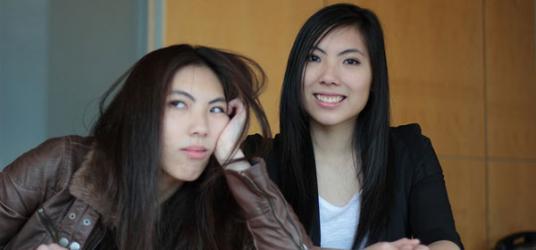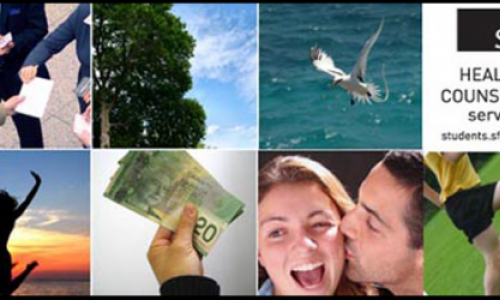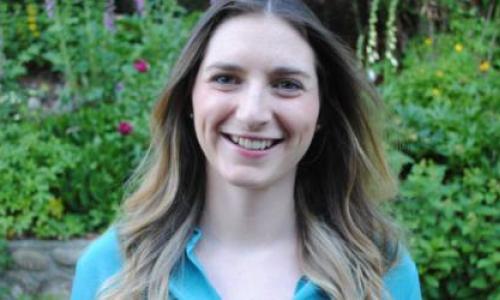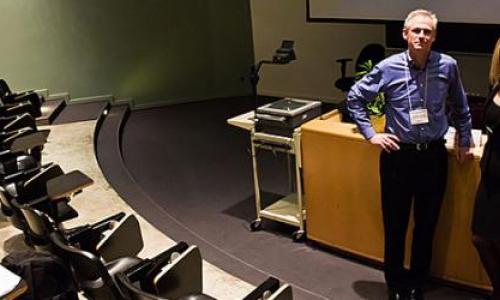
“This year, I will get organized, save more, and stay fit.”
Sound familiar? Shortly after the calendar turns to a new year, countless people begin their New Years’ resolutions with superb excitement and motivation. Do you remember yours? Have you given up on checking off some of the items on that checklist?
If so, you wouldn’t be alone: research shows that of the 45% of people who set New Year’s resolutions, only 8% successfully achieve them. If this sounds dismal, don’t feel discouraged! Emily Bennington, author of Who Said it’s a Man’s World: The Girls’ Guide to Corporate Domination proposes a different approach for getting ahead.
When setting goals or making resolutions, one reason many people get discouraged is the feeling of not having accomplished something unless it can be ticked off on a checkbox. Goal setting is results-oriented, but constantly planning for the future may prevent you from achieving goals in the present.
Bennington suggests that rather than thinking of what you need to get ahead, figure out WHO you want to be. What are the some of the virtues you have difficulty with and want to improve on? Start by focusing on accomplishing little things that follow your virtues and eventually you will notice the significant progress that has taken place when you look back on your life years from now.
For example, I always have trouble managing my time efficiently. Using a traditional goal setting approach, I would set a lots of small goals to improve my time management. However, it never worked and I continue to procrastinate and delay deadlines. When I first heard of Bennington’s approach, I started to think about WHO I wanted to be. I want to become an active person who has time to work out and stay fit. If I finish my tasks on time, I will have “extra” time to work out and go to yoga classes, instead of always worrying about a long checklist of items.
Whenever I start to procrastinate, I think to myself, “If I procrastinate, I won’t have the time to do the things I like. Is this what I want in this situation?” While thinking of all the possibilities, I stop procrastinating and realize that I am already taking baby steps towards the person I want to become.
This approach can not only help you attain your goals, but might also allow you to enjoy the process and have some fun while you are making changes! It’s never too late to start! One strategy Bennington mentions is to figure out your own “development gap.” In other words, think of who you want to become and what matters to you the most, and how those differ from the way you currently see yourself. Once you have figured out who you want to be, start applying that identity every day, every minute. Always ask yourself, “Is this how I want to react in this situation?“
I have recognized some changes since applying Bennington’s theory to my life. While I am still finding my own set of virtues, I’ve noticed how differently I react to situations compared to before. I’ve become more self-aware and recognize myself changing little by little everyday. Even though I may not have checked off some of my new year’s resolutions yet, I can already feel the changes that I’ve made and I’m definitely enjoying the journey!
I hope you're able to give this method a try! Just be careful - this concept might get pretty addictive once you start applying it!
















